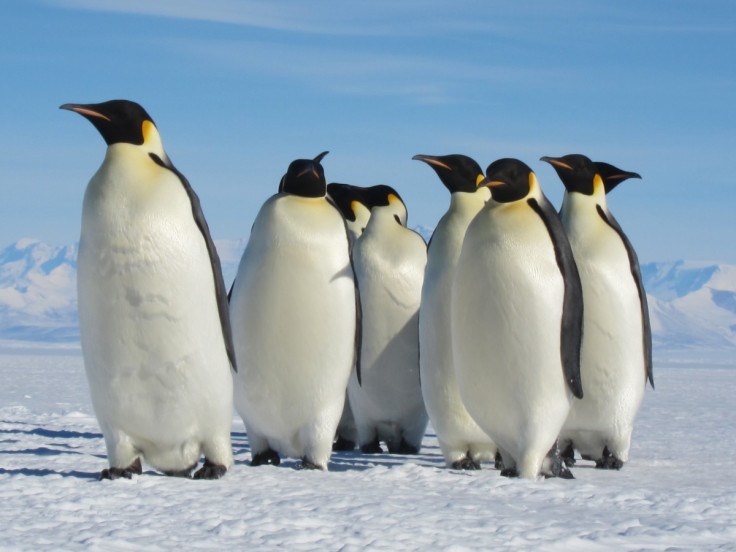Emperor Penguins 'Fully Deserving of Endangered Status Due to Climate Change'

Emperor penguins are facing extinction as a result of climate change and should be placed on the endangered species list, scientists have said.
Published in the journal Nature Climate Change, the study found that two-thirds of Emperor penguin colonies across Antarctica will have declined by at least 50% by the end of the century.
Led by Stephanie Jenouvrier, a biologist from the Woods Hole Oceanographic Institution (WHOI) in the US, the scientists said declines in sea ice will have a devastating effect on Emperor penguins.
"If sea ice declines at the rates projected by the IPCC climate models, and continues to influence Emperor penguins as it did in the second half of the 20th century in Terre Adélie, at least two-thirds of the colonies are projected to have declined by greater than 50% from their current size by 2100," she said.
"None of the colonies, even the southern-most locations in the Ross Sea, will provide a viable refuge by the end of 21st century."
At present, the Emperor penguin is being considered for inclusion under the Endangered Species Act in the US. Experts will study extinction risk through global population dynamics.
Researchers analysed declines in sea ice concentration and Emperor penguin population data collected over the last 50 years to work out their likely fate.
"The role of sea ice is complicated," Jenouvrier said. "Too much ice requires longer trips for penguin parents to travel to the ocean to hunt and bring back food for their chicks. But too little ice reduces the habitat for krill, a critical food source for emperor penguins. Our models take into account both the effects of too much and too little sea ice in the colony area."
Findings showed some colony populations would increase for a short time but that this will be followed by a sharp decline.
The authors wrote: "We propose that the Emperor penguin is fully deserving of endangered status due to climate change, and can act as an iconic example of a new global conservation paradigm for species threatened by future climate change."
Hal Caswell, a scientist emeritus at WHOI, said: "Listing the Emperor penguin as an endangered species would reflect the scientific assessment of the threats facing an important part of the Antarctic ecosystem under climate change.
"When a species is at risk due to one factor – in this case, climate change – it can be helped, sometimes greatly, by amelioration of other factors. That's why the Endangered Species Act is written to protect an endangered species in a number of ways – exploitation, habitat, disturbance, etc. – even if those factors are not the cause of its current predicament."
© Copyright IBTimes 2024. All rights reserved.






